It’s no joking matter. Moderation and facilitation at a conference or meeting are serious business, and remain among the best methods to gather and discuss information in a meaningful way. It is a way of organizing specific information productively as well. Facilitating and moderating are part of the trainer’s most important tools.
At first glance, the moderator’s job doesn’t seem all that scary. “I’ll be doing what I always do at meetings and these are my colleagues, too.” A good idea, but it’s not the same; and prospective moderators or facilitators need to be made aware of that. There are differences, according to most experts.
Still, some organizations may use the terms interchangeably, which doesn’t help. You have to wonder if the organizations know what they want. Hopefully, they have their own definitions and stick to them for consistency. And, I have mine. I’m in the camp that sees differences. I suppose, as long as you know the job, it doesn’t matter what it’s called–except in a medium like this where communication needs a broad spectrum for clarity.
The moderator’s job depends more on his or her personal knowledge of the subject to lead and direct others along more information-rich, specific issues. A moderator in contrast to a facilitator is much more in tune with the nuances of the subject. Differences matter here.
The facilitator may be someone who does not have the same knowledge base as the others, but is experienced at organizing material and soliciting the responses from the group. A facilitator is perceived as being a leader of the discussion to set the tone and bring in all manner of diversity to have a fruitful discussion. To do this job, a person has to be more of a trained communicator and less of a subject matter expert–someone comfortable in handling the environment.
It should be no surprise to learn the government and other non-profit organizations may not be thinking about communication in the same way a company does that deals with sales of products or services.

Too often, (and I’ve seen this a lot in government), people are given moderator or facilitator jobs because they seem appropriate to their level of position. While these people may not be the subject matter or communication experts, they are placed in a position to lead the discussion on a particular topic. It may go with the territory as “the way we do things in this office.” It’s not necessarily a good way to go, I’ll grant you, but government and other non-profit organizations can be very rank and position conscious. Only when people have to sell those programs are they aware of how complex dynamic communication can be when transferred to a more formal environment such as a seminar or conference.
Good communication (facilitation) may appear to the observer to be just “a matter of conversation with peers.” However, it isn’t just “a matter of conversation;” it involves many more skills that require knowledge, training and practice. It looks easy, but it’s not. It may be that this one type of communication, facilitation or moderation, seems natural and the other (public speaking) not so much.
Facilitating is outwardly more dynamic and focused on both subject and audience, bringing out the most diverse view possible, whereas moderating looks to consolidate and merge views toward a common goal.
A manager can be a good facilitator and, if he or she has a good working knowledge on the specific subject, a good moderator only if he or she is able to separate from being the manager of subject-matter experts and become a communicator and information flow expert.
Check out the Free Management Library page: All About Facilitation, Group Skills and Group Performance Management for more useful information. For the most part, facilitation and moderation are found under a heading of leadership; however, I think both can fall as strongly under the heading of communication in the same way a leader is not perceived as a leader unless he or she is able to communicate that fact. Facilitation and moderation involves complex communication centered on business and organizational management.
Body Language
Coaching
Conflict (Interpersonal)
Feedback (Sharing)
Handling Difficult People
Listening
Morale (Boosting)
Motivating
Negotiating
Power and Influence (Managing)
Presenting
Questioning
Trust (Building)
Valuing Diversity
To be fair, while I think subject matter experts should also be communicators, not all communicators can be subject matter experts. There are times when you need someone with enough knowledge on a subject to be able to move people who have similarly well-developed knowledge on the subject to relevant discussion and action.
Nadejda Loumbeva is an international organization professional working in managing of knowledge using information and communication technologies, and all aspects of organizational development. Here’s what she thinks on the subject from her blog.
Moderation:
In my view, moderation of meetings, events, networks and communities, focuses on keeping the information and communication flow clear and accessible to all who participate, at all times. In this sense, the moderator is at least in some ways an information manager. In an online environment, s/he monitors the communication flow, makes summaries and digests, approves participants’ requests and posts, and even maintains the online environment. The moderator is often quite invisible for those who participate in meetings, events and communities, but nevertheless indispensable!
Facilitation:
To the contrary, the facilitator of meetings, events, networks and communities is much more visible and active. S/he steers the communication flow and keeps it on track. In this way, facilitation focuses on including all participants in the discussion, even the ones who are less comfortable with speaking and contributing, ensuring all voices are heard and discussion is vibrant, interesting and useful to those who participate. The facilitator makes it clear to all when milestones as part of the meeting, event, or network/community activity, have been achieved and then moves on to the next milestone. Having good people skills, the facilitator enables a comfortable and inclusive environment of openness and trust for those who participate.

Ms. Loumbeva has a solid yet brief definition I can work with. Keeping the communication simple is always key. We know most people are uncomfortable with public speaking, and on the surface this does not seem like public speaking. In fact, facilitating or moderating a public discussion involves more than public speaking; it involves leadership traits and organizational skills as the “script” changes moment-to-moment.
You still have to know the basics of good communication and apply them. You have to know your audience (and participants in this case), know your subject and know yourself. Most importantly you have to own the stage and control the environment.
When you are a public speaker you own the stage but there is little you can do at the moment to control the environment. When I first started public speaking, I was nervous. I hardly notice it now that I own the stage when I come out. But the same holds true for anyone in any speaking environment. If you have been asked to contribute, you need to “own the stage.” Do that and the nervousness will go away in time–or be channeled in a useful way.
As for controlling the environment? That can be trained. You have to understand the dynamics of interpersonal communication as well as public communication to be successful as a moderator or facilitator. It is a worthwhile experience to have as a communicator and as a trainer. To some, it may even be more satisfying than public speaking alone–especially for those who enjoy the feeling of immediate accomplishment.
—
For more resources about training, see the Training library.
In my book, The Cave Man Guide to Training and Development, I talk about how the idea of training and development began in the cave, how we learned what we know today from the cave men and women who were motivated by survival. Only our organization’s survival is at stake today, not our lives. Imagine what problem solving facilitation and moderation might have looked like in the cave council. The only difference would be the campfires to keep the cave warm. Facilitation and moderation had to evolve from the chaos of everyone wanting to be heard. At first, the head of the cave clan or tribe probably ran the program until he or she decided someone else could do the job better, and the first facilitator or moderator was born.
If you would like to respond to my views, please do so here. I can also be found on my website. There you will also find articles on other subjects under the What I Say category. Let me know if I can help with your next training session, coach you through your next keynote, or anything else training or communication-related. Happy training.
 Sections of this topic
Sections of this topic
















